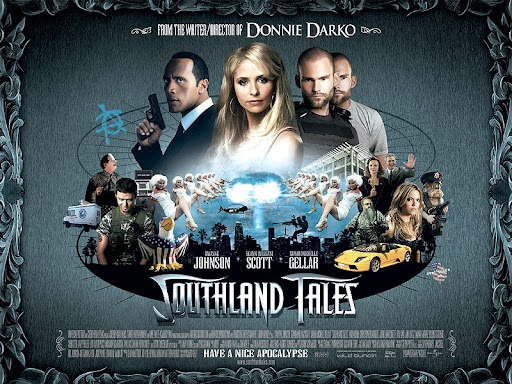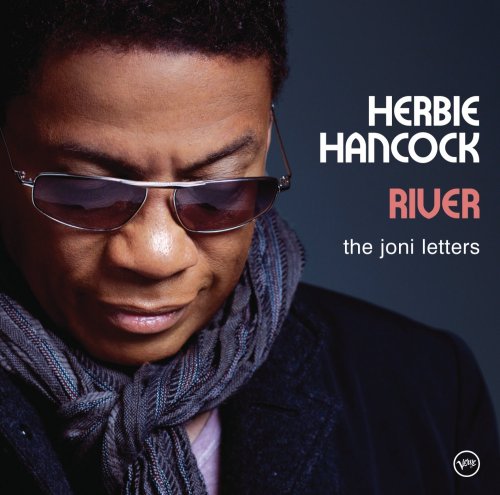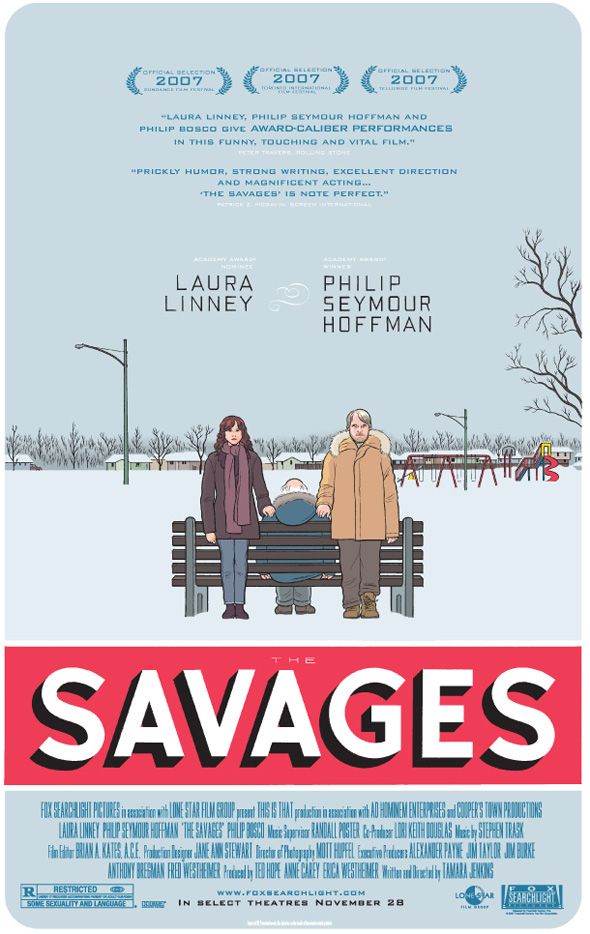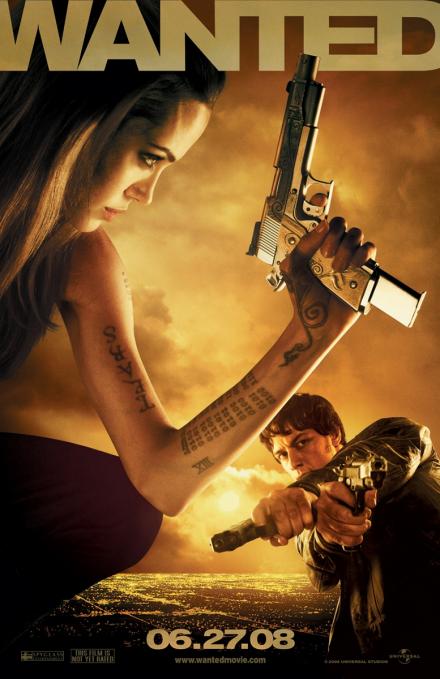
I’m always somewhat suspicious of “top 10″ lists, despite the fact that I’ve written one. Too often they become reasons for people not to see films that aren’t included, but I suppose I err on the side of offering the following list of the movies I liked most in the past year not because I have any special right to do so, but because I hope some of the films might get seen by people who might not otherwise check them out. That’s what I find most helpful about other people’s lists, so in the same spirit, here’s mine.
10. My Winnipeg. A crazy poem about director Guy Maddin’s love for his home city; a dream-like interaction with the people and places that shaped and formed him that will inspire audiences to remember what gives them a firm place to stand; and a reminder that there is a conservative principle that deserves renewing — saving the sense of community we had as children is worth almost any cost.
9. Shine a Light and U2-3D — two concert films. One is the most authentic recorded representation yet of a band that is far more than the sum of its parts, and who, under Bono’s spiritual authority, manages to do nothing less than lead a megachurch service in a Buenos Aires stadium. Their God is big and real, and among the broken; to be in the audience for this film is a surreal exhilaration. The other movie is Martin Scorsese’s depiction of the Rolling Stones playing—by their standards—a tiny venue, and revealing the secret of the band’s nearly 50-year history: They love what they do, and they keep doing it (and get paid pretty well, of course). It’s more than a film with music; when Mick Jagger’s gyrations are married to his lyrics, it’s clear that the question the Stones ask remains the same as always: how can men make sense of women? (Whether or not they have a good answer is, alas, not addressed.)
8. Happy Go Lucky. Mike Leigh’s film whose central character is so full of joy that you expect in this cynical age that she will be revealed as profoundly broken, or to come to grief in the course of the plot. Instead, Leigh and his lead actor, Sally Hawkins, have faith in the potential of human beings to bring more light than heat, and to find happiness not through changed circumstances, but changed perspective.
7. The Dark Knight. A coruscating and thrilling deconstruction of the war on terror, or George W. Bush’s retirement tribute video? The genius (or biggest failing) of this film is that it doesn’t decide for us. (And Heath Ledger’s Tom Waits impersonation isn’t too bad either.)
6. Rachel Getting Married – a small film of huge emotional depth, as two families gather to celebrate a wedding, while things fall apart and come together on the inside. Jonathan Demme has a lightness of touch that makes even one of the most completely unrealistic multi-ethnic nuptials sequences in all of cinema seem compelling to the point where you want to be invited to attend. Roger Ebert said that this film evokes what the U.S. is becoming at its best — a diverse nation of people who know that their future lies in learning to deal with difference. He might be optimistic, but he might also be right.
5. Milk. Sean Penn plays the first openly gay elected official in U.S. history, and Gus van Sant makes a brilliant film about the movement that brought him to office. But this is not just a gay rights movie — it’s a film about how social movements bring change and the cost to the individuals who lead them.
4. Heartbeat Detector — a film hardly anyone has seen, as it only received a limited release in one city. Now that it’s available on DVD, hopefully more people will experience this French existential thriller, which takes a long hard look at labor and employment practices in the post-modern corporate world and finds parallels in the most horrifying of places. When destroying a person’s livelihood can be called “downsizing,” the principles of dehumanization associated with despotic regimes have found their way into our daily bread.
3. Wall-E — not just the best animated film of the year, but the best film for the broadest audience. It’s a movie about the future with a sense of place comparable to Blade Runner and Lawrence of Arabia, and a moral vision of the present that deserves to be shouted from the rooftops: We are the makers of our own destiny, and time is running out to ensure that there is a planet for us to have a destiny on.
2. The Visitor — the smallest film on this list, with perhaps the largest emotional scope. A college professor hangs out with a couple of undocumented immigrants in the most cosmopolitan city in the world, the shadow of 9/11 and the wars in Iraq and Afghanistan loom large, while the meaning of community and the inflexibility of the law to exercise mercy are delicately portrayed. Richard Jenkins gives my favorite performance of the year. I hope the film’s reputation will last a long time.
1. Man on Wire — a documentary that asks “What could be more sublime than risking your life walking on a tightrope strung between the Twin Towers?” What could be more necessary than to restore our vision of the towers from one of barbarism to the immensity of human achievement? Philippe Petit, the French circus performer who carried out this amazing feat in 1974, may be touched by the spirit of Icarus, but he also stands as an icon of what the world needs now: human beings able to look up from their lives, to stop being defined by what has been called “the narrow circle of self,” and, to coin a phrase, do something beautiful.





















